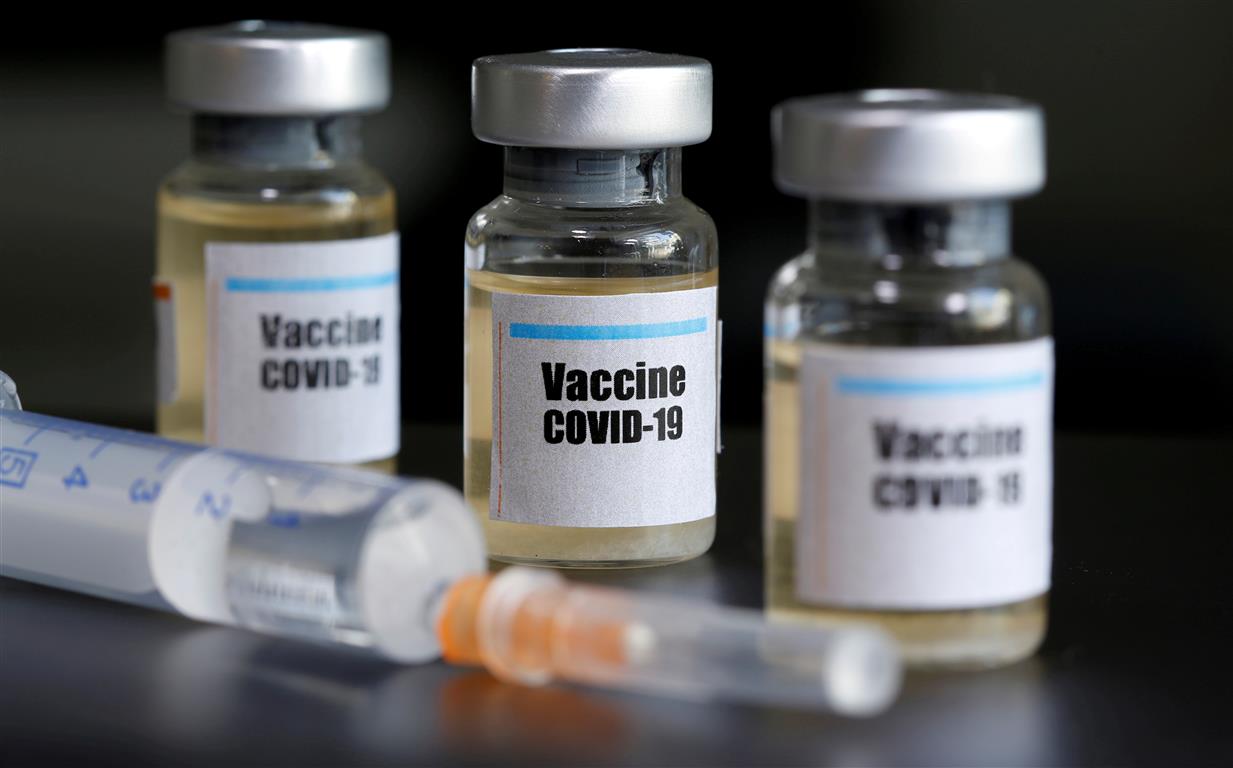What happens when parents disagree on the vax?
New Zealand parents are certainly divided on whether to vaccinate their children or not.
“A Ministry of Health survey in June found 58 per cent of caregivers were likely to allow their 12–to-15-year-old children to be vaccinated, up from 55 per cent in May. The survey also found the number of parents who had decided not to vaccinate their children had increased slightly. Parents’ key concerns were the vaccine’s safety in children and its long-term effects.” Source: New Zealand Herald, 26 Aug, 2021.
The picture is still murky as to consent, and what happens if parents don’t agree to their children getting vaccinated. The issue is not about the safety and efficacy of vaccines, but rather of parental control and specifically the age at which a child can give or refuse consent to medical treatment.
Here are excerpts from the NZ Herald article, written by Prof Claire Breen, which tries to give some clarity on the legalities:
Who can give consent?
The Care of Children Act provides that a child over the age of 16 can give or refuse consent to medical treatment. However, this does not mean all children under the age of 16 cannot consent to medical treatment. Key to this is how competent a child is to make such a decision. There is no defined age at which any person may be regarded as competent, but the Code of Health and Disability Services Consumers’ Rights (which originates from the Health and Disability Commissioner Act) provides some guidance. This states that everyone – adult or child – is presumed to be competent to make such decisions unless there are reasonable grounds for thinking otherwise.
Are children competent to consent?
When it comes to the Care of Children Act, the view of the New Zealand courts follows a British case in which the House of Lords decided a child under 16 was legally competent to consent to medical examination and treatment — if they had sufficient maturity and intelligence to understand the nature and implications of that treatment. Similarly, under the New Zealand code, if a health professional is satisfied the young person fully understands what is involved with the treatment, then the young person can consent. When it comes to consenting to vaccination, a health professional must be satisfied the child understands why it is necessary and the reasons for it. They must also be satisfied the child understands the risks, benefits and outcomes involved. Equally, everyone can refuse medical treatment under the New Zealand Bill of Rights Act, including children. However, the courts have also decided this applies only to those who are competent and who fully understand what is involved in making the decision.
The United Nations Convention on the Rights of the Child contains important provisions concerning consent to medical treatment, including:
- the child’s best interests should be a primary consideration in all decisions, and in the resolution of conflicts between parents and health workers
- every child has the right to life, countries must do all they can to ensure the survival and development of the child, and this should be part of any assessment of what is in the child’s best interests. (the Labour government missed this one when they passed the extremist abortion law
What happens if parents don’t agree on their child getting vaccinated?
Below is an NZ Herald article written by a senior family lawyer, giving advice on what happens if parents disagree about their children being vaccinated. Key points are:
- Vaccination is a guardianship decision
- Try to resolve the matter informally
- Mediation is available via a Family Dispute Resolution provider
- You can apply to the Family Court
In summary:
You cannot make the decision to vaccinate your daughter without her father’s consent. If possible, try to resolve the dispute between you and your ex-husband. If you cannot agree on what is best for your daughter, you can apply to the Family Court for an order to resolve a dispute between guardians. The court will likely consider your daughter’s views and her relationship with her grandfather.
Read full article here (premium content)
And a more recent NZ Herald article (3 October) with comments from Fiona McKenzie from MacKenzie-Elvin Law in Tauranga.
Leading family law specialists at Mackenzie- Elvin Law, Fiona Mackenzie and Rebecca Savage, told the Herald the day-to-day guardian doesn’t have sole authority to determine guardianship issues such as vaccinations and schooling. Firstly, there has to be a consultation process between the two caregivers, and if one of the parties disagrees an application must be made to the Family Court.
“The court determines the issue based on the welfare and the best interests of the child. Their view and wishes would become relevant through their own lawyer and be given appropriate weight but not the sole determinative factor,” Mackenzie said.
“If a parent has declined to provide consent to a child being vaccinated, then the other parent is not able to proceed any further with that vaccination and it would be extremely inappropriate to do so.”
Read full article here (premium content)






